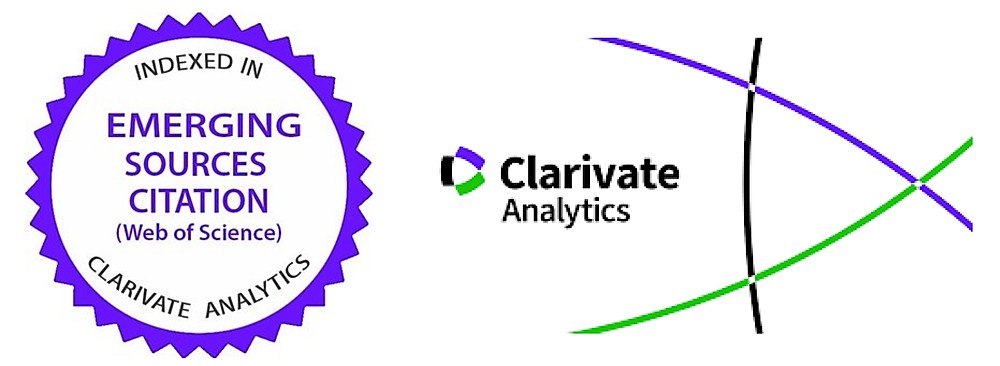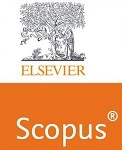Impact of Financial Liberalization on Export: Evidence From Kosovo
Abstract
The current study observes the link between export levels, GDP growth, gross savings, lending interest rates, and real interest rates. This study's evaluation approach combines an Ordinary Least Squares (OLS), and Arrellano-Bover/Blundell-Bond estimation to observe the connection among export level, GDP growth, gross savings, lending interest rates, and real interest rate as a component of financial liberalization in the case of Kosovo over 12 years from 2009 to 2020. The findings reveal that GDP growth and lending interest rates have a positive impact on the level of export growth. However, as a component of financial liberalization, real interest rates have a negative impact on the level of exports. Whereas econometric analyses revealed that gross savings were insignificant. The negative relationship between the real interest rate and the level of exports represents that real interest rates restricted the financial possibility for businesses to maximize the level of exports throughout the research period. Due to the limited number of observations, this study is limited to analyzing the long-term correlations between the factors that characterize financial liberalization and export progress in the context of Kosovo. To meet the objective of growing exports, policymakers must design policies to enhance the financial system and invest in infrastructure development to encourage the business sector that exports its products or services.



























